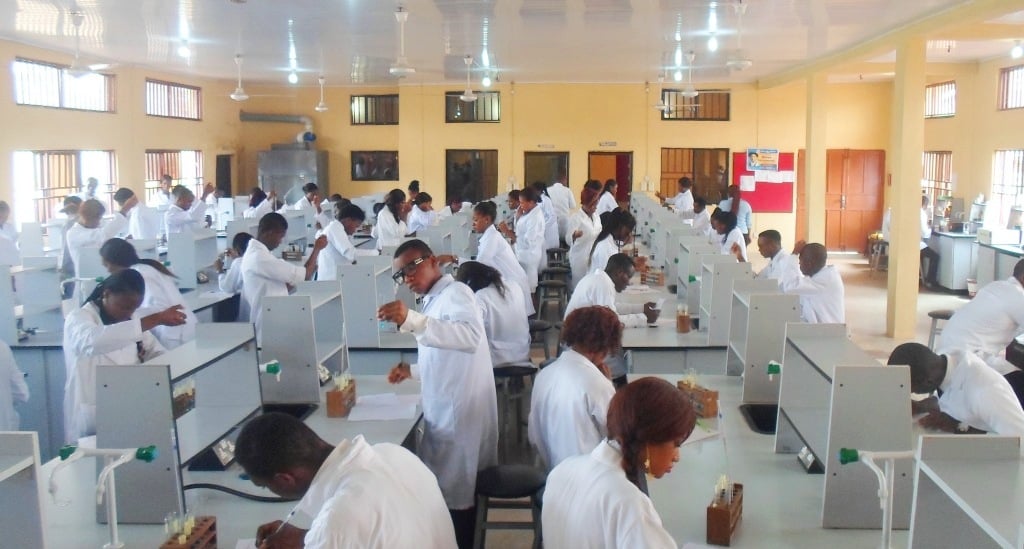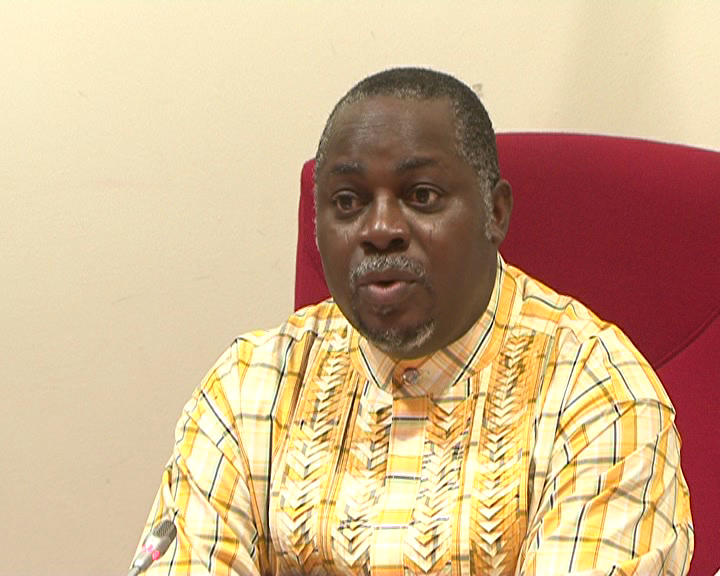Julius Okojie, executive secretary of the National Universities Commission (NUC), stirred the hornet’s nest on Monday by saying prospective medical students must be prepared to spend at least 10 years at the university..
Delivering a lecture titled ‘Development of Medical Education: Prospects and Challenges‘ at the maiden matriculation ceremony of the University of Medical Science, Ondo, Ondo state, Okojie had said through a representative that students would be spending the first four years studying basic sciences in university, after which they would proceed to the medical school to spend another seven years.
This, he explained, would help the students “mature psychologically” for the profession.
Studying medicine lasts seven years in Nigeria (housemanship included) but it can last as long as 10 years in the developed economies, such as the United States where admission into five or six years of medical school is preceded by three to four years of studying for a first degree.
Advertisement
But whether the system being contemplated by NUC – already conceptualized in the 2015 document for the training of medical students – fits local realities is an entirely different question.
With Nigeria’s history of industrial actions in the education sector, 10 years definitely implies a minimum of 12 years. Any elongation of course duration without definite guarantees of a corresponding increase in quality of learning would therefore be unwelcome.
Okojie’s pronouncement hasn’t had the best of receptions from students, majority of whom already think they’re spending one or two irrelevant years in their respective disciplines.
Advertisement
But let’s expand the conversation beyond students. Do let us know what you feel:
Add a comment






